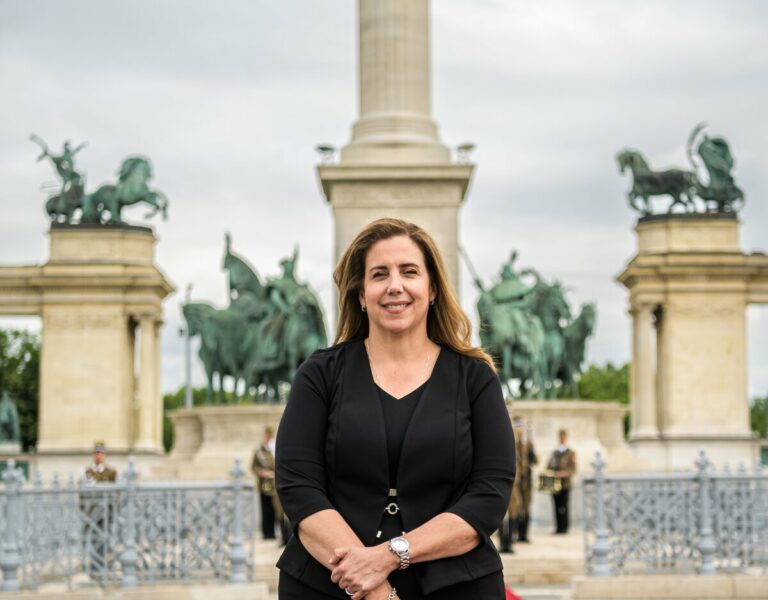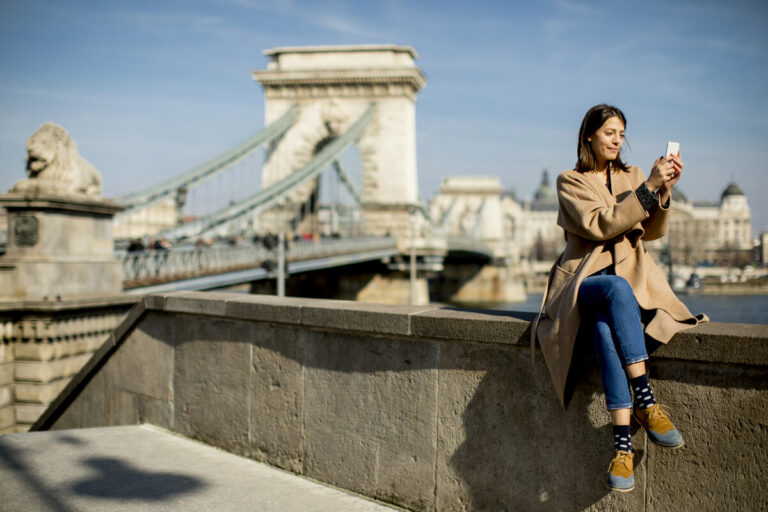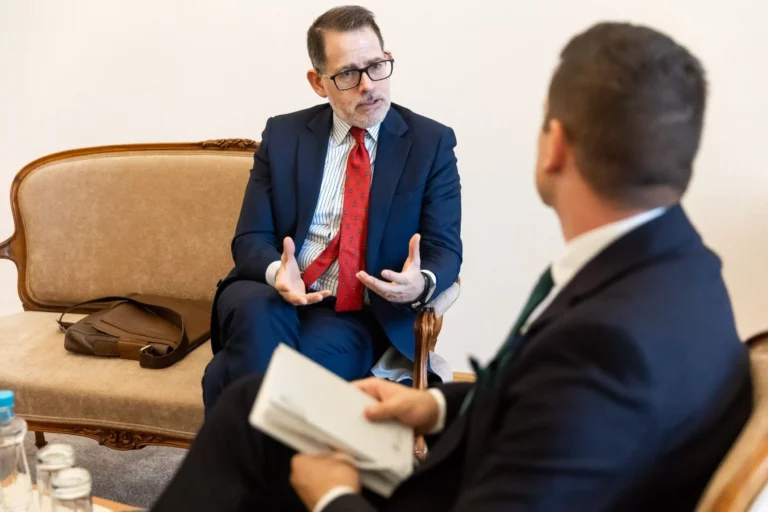INTERVIEW
INTERVIEW – Diplomatic insights: Pakistan’s Ambassador discusses trade, education, and bilateral relations between Pakistan and Hungary

Interview with Cynthia Mayer, Ambassador of Ecuador in Hungary on economic relations, Ecuadorian products in Hungary, politics, and more

INTERVIEW with Japan’s Ambassador to Budapest on Japanese investment in Hungary, the Ukraine war, culture and more

Interview with Hungarian university student who won the Olympics in Paris

UK Ambassador to Hungary Paul Fox about King Charles III, Brexit, Ukraine war and many more – Interview

Kazakh student: Budapest is safe, public transport is heavenly, the city is the perfect choice – INTERVIEW

Exclusive Interview with Hungarian TikTok Sensation Livi

Interview with South Korean Ambassador Hong on foreign policy, investment in Hungary and more

Interview with Deputy Foreign Minister Ignacio Higueras Hare of Peru

ESSCA head: French students enjoy their time in Budapest – INTERVIEW

INTERVIEW with Hungary’s Special Ministerial Envoy: we disagree with most of our neighbours on minority issues

I came to Budapest with Spago to learn more from the Hungarians – Exclusive interview with star chef Wolfgang Puck

INTERVIEW with H.E. Ignacio Ruiz, Colombia’s ambassador in Budapest

Exclusive interview with Tunisia’s Foreign Minister: the key solution to curb migration is not border security strengthening

Interview with Director of ESSCA Budapest dr. Zsuzsa Deli-Gray

CNN presents Wizz Air’s multipass innovation, asks CEO whether Wizz will go to the USA

Interview with Anthony Radev, President of Corvinus about model-changing, foreign students and new campus

Interview with Tamara Liluashvili, Georgia’s Ambassador in Budapest, on diplomacy, tourism and more





 ZH
ZH IT
IT DE
DE HR
HR NL
NL FR
FR JA
JA RO
RO RU
RU ES
ES TR
TR
